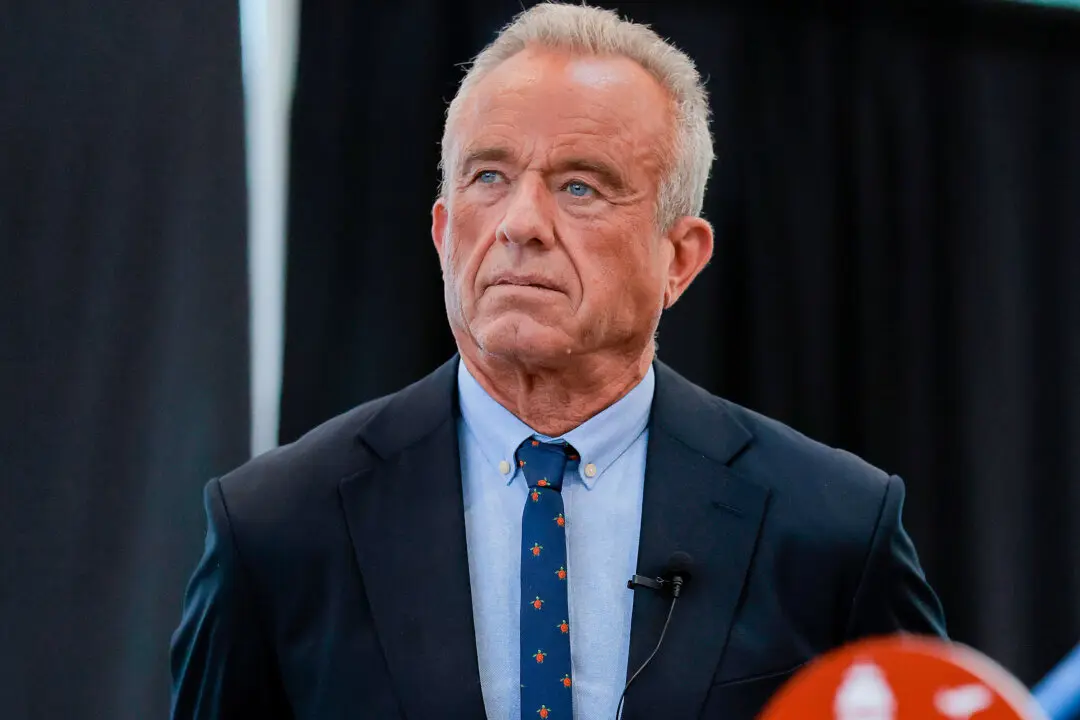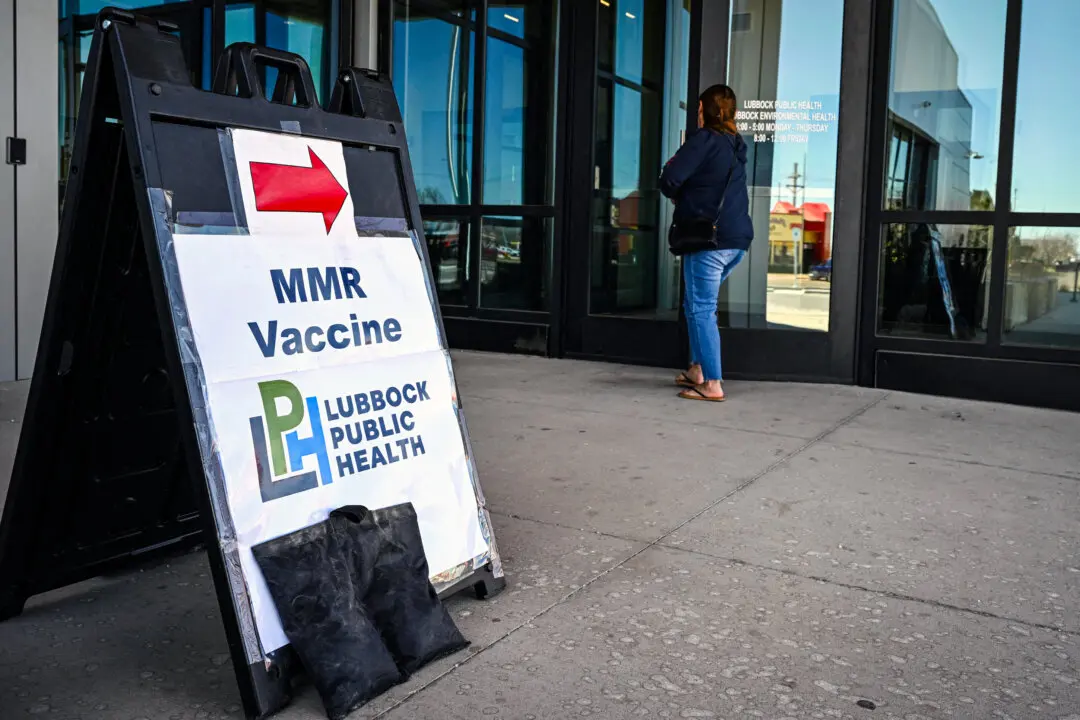Sen. Lisa Murkowski (R-Alaska), one of two Republicans to publicly oppose the Senate moving to confirm President Donald Trump’s next Supreme Court nominee before the Nov. 3 election, said on Saturday she will meet with the nominee, Judge Amy Coney Barrett.
“For weeks I have stated that I do not support taking up a potential Supreme Court vacancy this close to an election. But today the President exercised his constitutional authority to nominate an individual to fill the vacancy on the Supreme Court left by the passing of Justice Ruth Bader Ginsburg,” Murkowski said in a statement shortly after Trump nominated Barrett.





